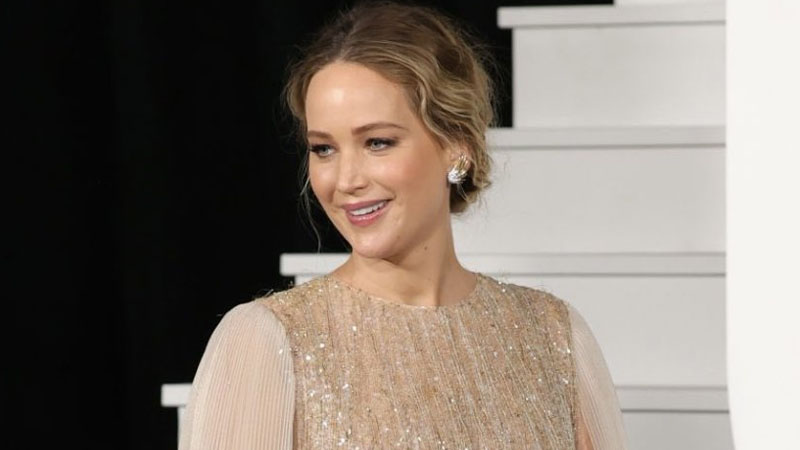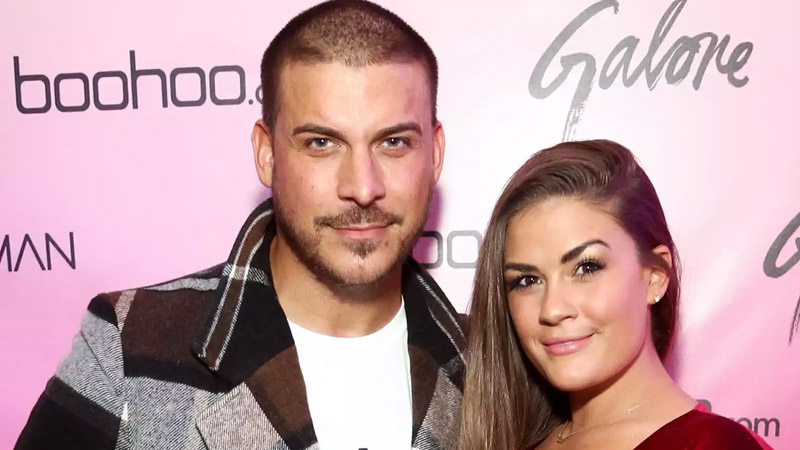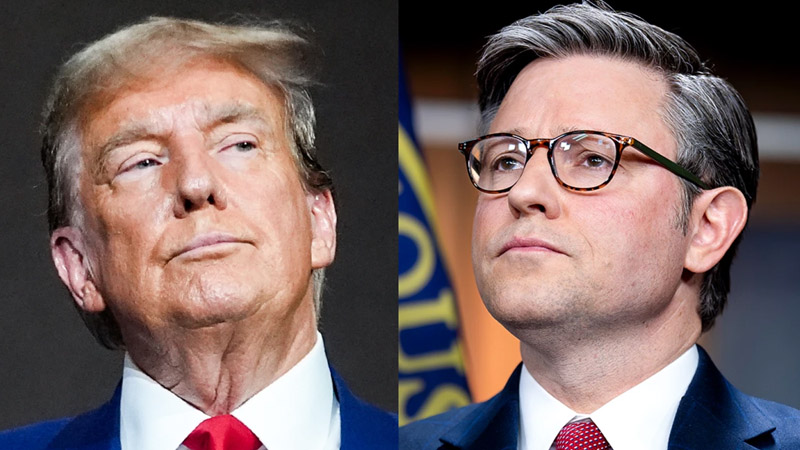“It’s Not Political, It’s People’s Lives”: Jennifer Lawrence Defends Producing Taliban Documentary

Image source ( twitter)
Jennifer Lawrence is stepping into the world of production with a powerful new documentary, Bread and Roses, focusing on the Taliban’s impact on Afghan women. Despite receiving criticism from both her family and online detractors, Lawrence remains resolute about the project, set to debut on Apple TV+ this Friday.
The documentary, directed by Sahra Mani, captures the struggles of Afghan women fighting for their basic rights—education, employment, and even freedom of movement—since the Taliban’s takeover of Kabul in 2021.
In an interview with CBS Mornings, Mani highlighted the urgent need to spotlight these issues. “Afghan women are striving for their fundamental rights, such as employment, education, and even the freedom to move around without a chaperone,” she said.
Lawrence, 34, shared her motivation for producing the film, saying, “My first reaction when watching [the Taliban takeover] was to do what the Taliban did not want us to do, which was to give access and facilities to the people on the ground to capture what was happening in real-time.” She added, “I can’t imagine not being able to take a taxi or not being able to listen to music. I can’t imagine if just the sound of my voice was illegal.”

The No Hard Feelings star admitted that her family and friends initially discouraged her from taking on such a politically charged and potentially dangerous project. “It’s dangerous. Of course, it is,” Lawrence said. “But there are 20 million women whose lives are in danger.”
Lawrence has also faced online criticism suggesting she isn’t qualified to tackle such a serious subject, given her limited formal education. Addressing these comments, she said, “[Trolls] always say different things. I did a 60-minute interview where I explained that I dropped out of middle school, so I’m technically not educated, told The Hollywood Reporter.
A common one, especially with this subject, is ‘why is someone without an education trying to talk about politics?’ To that, I say it’s not political, it’s people’s lives.” She emphasized her expertise in storytelling, saying, “It’s political in the sense that you should push your congresspeople and get involved to make our government more accountable.
Then the UN can recognize gender apartheid. But I don’t find it political. Also, I am educated in filmmaking. I’m educated in telling stories.” Bread and Roses promises to shed light on the resilience of Afghan women and the harsh realities they face, underlining Lawrence’s commitment to using her platform for impactful storytelling.


